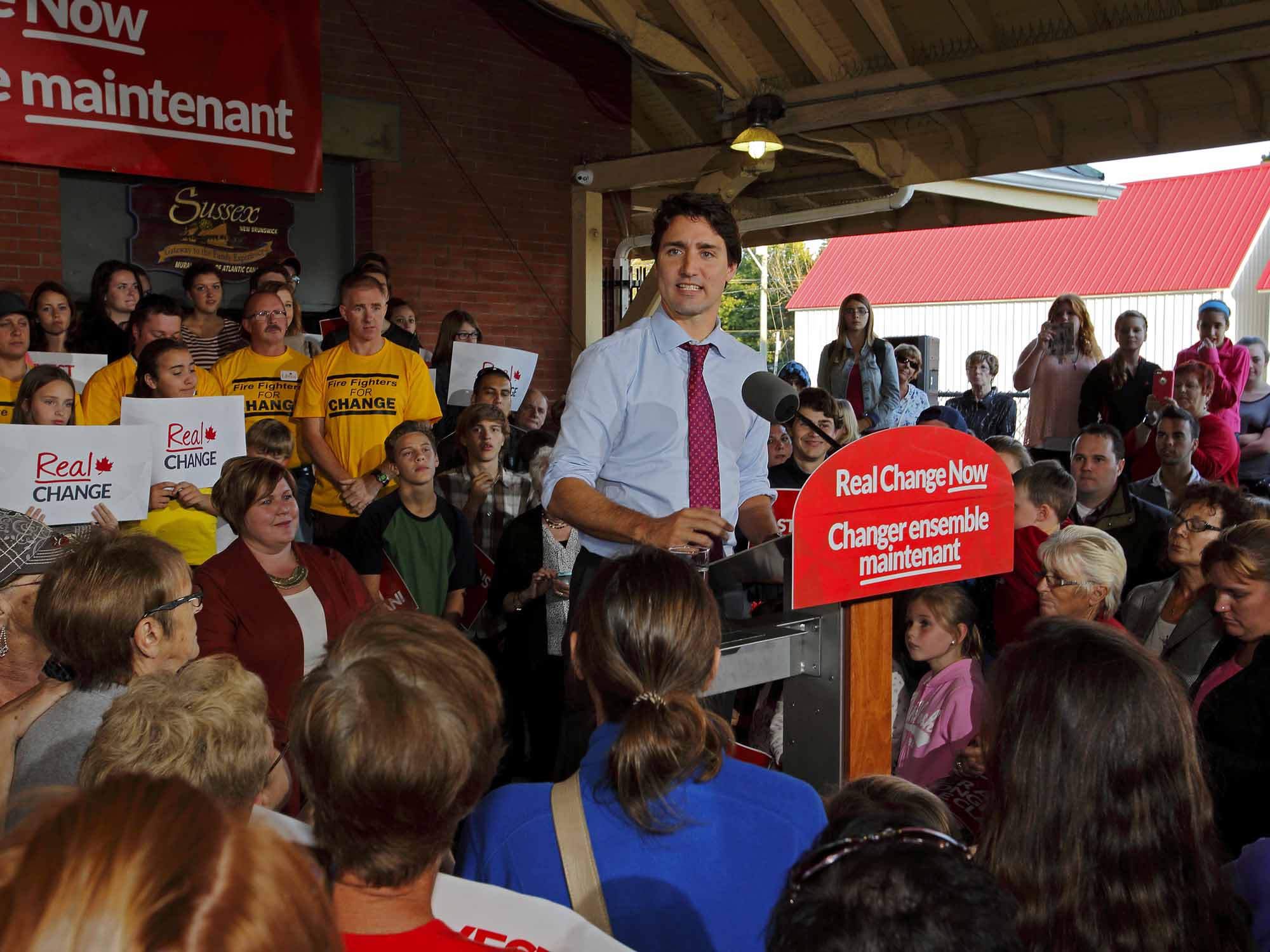Modern Turkey stretches from southeastern Europe into central Asia. It straddles part of Thrace, in the Balkan area, and Anatolia, which makes up the bulk of its territory. These two regions are separated by the Bosphorus, the Sea of Marmara and the Dardanelles, which link the Black Sea to the Mediterranean. In the 2016 Canadian census 63, 955 people reported Turkish origins (29, 885 single and 34, 065 multiple responses).
History
The people of Turkey have not always been known as "Turks." Formerly, it was the Ottoman State that conferred citizenship and political identity. This was done through a number of religious and ethnic groupings (Muslim, Greek Orthodox and Roman Catholic). Before the concept of citizenship was applied to the 19th century millet system, which had served for centuries as the main system of representation for all of Turkey's religious communities, a subject was considered an "Ottoman" regardless of religious or linguistic affiliation.
The Ottoman State used to hold the seat of the Caliphate, representing all Muslims (see Islam). In the 18th century, this institution was gradually merged with the more restrictive title of "Sultanate" normally accorded to any regional power. But the "Caliphate-Sultanate," which was intended to serve the Islamic world in the face of Russian imperial designs, was finally abolished in 1924. The Republic of Turkey was proclaimed just before that in 1923.
Although predominantly Turkish and Muslim, the modern Turkish Republic is composed of different ethnicities: Kurds, Arabic-speakers, Armenians, Greeks and Jews. Turkey has long been a land of refuge for its neighbours. Millions of Bosnians, Bulgarians, Chechnians and other Eastern Europeans have fled their homelands since the 18th century. The turbulence in the Balkans, the former Soviet Republics of central Asia and the Caucasus, and the crisis in Syria have displaced thousands more.
Migration and Settlement
The earliest Turkish immigrants to Canada are believed to have arrived in the 1880s. Their numbers since then have steadily grown: 1900-04 (156), 1906-14 (3922), 1915-55 (1262) and 1956-75 (5710). Of the 63, 955 Canadians of Turkish origin in Canada in 2016, the majority live in Ontario (34, 165) and Quebec (15, 065).
Economic Life
In the past, Turkish Canadians tended to be professionals more often than entrepreneurs or industrial workers. Recent arrivals, however, have altered that picture somewhat. A far greater percentage is now made up of self-employed and skilled or unskilled labourers. The changing composition reflects to some extent the changing economic conditions inside Turkey, whose urban centres have been subjected, since the early 1990s, to huge influxes from rural areas, especially the eastern provinces. In these outlying regions, major political and economic changes are taking place.
Religion and Community Life
Many Turks remain strongly attached to organized religion, despite several decades of a militant form of secular state ideology in Turkey. They tend to congregate not based on ethnic affiliation, but out of a religious sense of community.
Turkish Muslims everywhere observe "Kurban Bayrame," which is Turkish for the Arabic "Id al-Adha" (the Feast of Abraham's Sacrifice and annual pilgrimage to Mecca); they celebrate "Ramazan Bayrame" rather than "Id al-Fitr" (marking the end of the month of fasting); and commemorate "Ashure günü" and "Mevlid Kandili" (Prophet's birth). These terms are drawn from the Arabic language.
The Turkish Cultural Association of Canada was founded in Montreal in 1964. It is one of the oldest Turkish-Canadian organizations and was established to support new immigrants and help maintain some of the Turkish culture among its members. The following year, both Toronto and Vancouver established the Turkish Canadian Cultural Society and the Turkish-Canadian Association respectively. The Toronto-based Canadian Turkish Islamic Heritage Association is also a prominent cultural organization: it was founded in 1984 and regularly puts out the newsletter Haber Bülteni. Finally, the Communauté Islamique Turque du Quebec, one of many religious organizations administering mosques in Canada, operates a Turkish mosque in the borough of Saint-Laurent. The 2016 census recorded 35, 045 people who described Turkish as their mother tongue language (first language learned).

Dr. Ahmet Fuad Sahin (left), Turkish-Canadian, Muslim community leader and founding member of the International Development and Relief Foundation. Dr. Sahin was awarded the Order of Canada in 2018. He received the award from the Governor General of Canada, Julie Payette (right), at a ceremony held at the General Governor's Office in Ottawa. (AA Photo)

 Share on Facebook
Share on Facebook Share on X
Share on X Share by Email
Share by Email Share on Google Classroom
Share on Google Classroom




